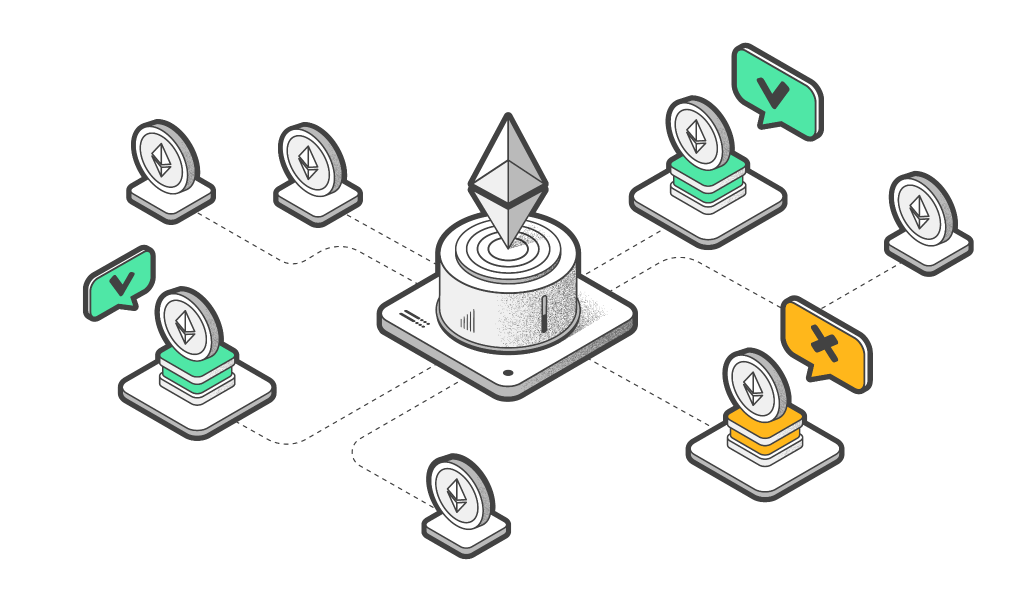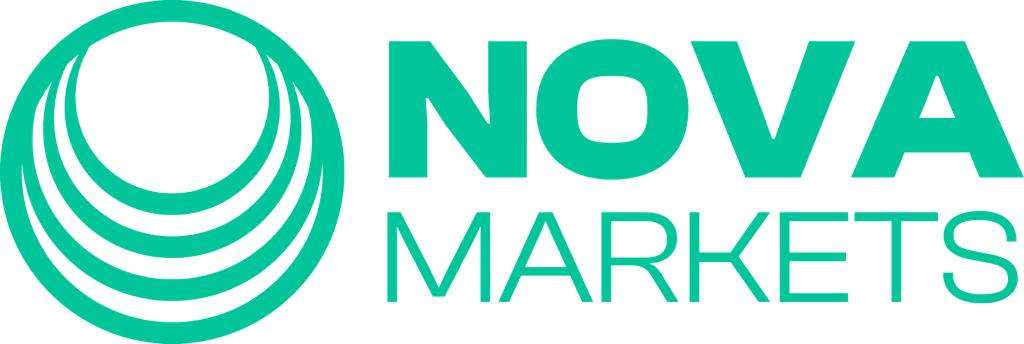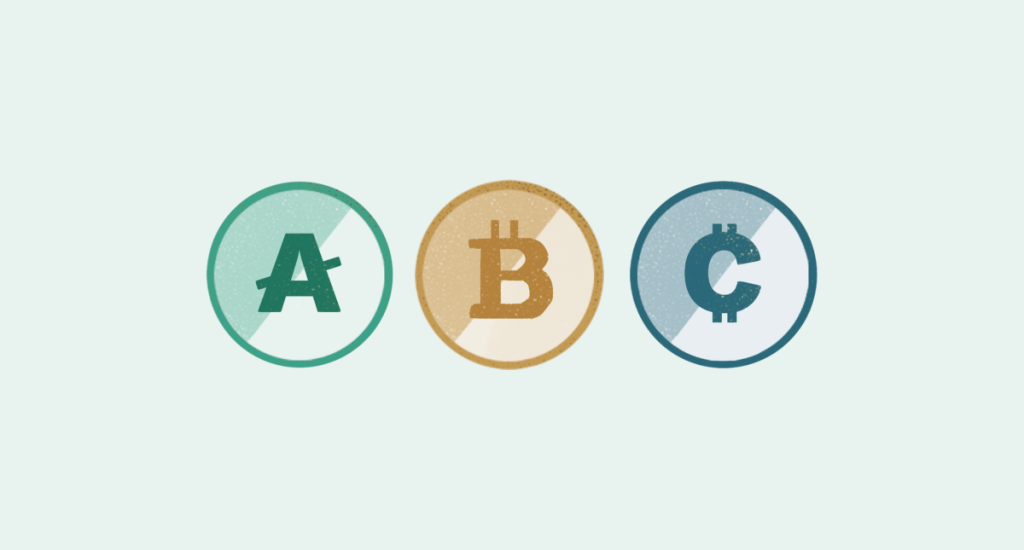THE DIFFERENT TYPES OF CRYPTOCURRENCY TOKENS; Cryptocurrencies have gained significant popularity in recent years, offering unique digital assets with various use cases. One important aspect of cryptocurrencies is the concept of tokens. Tokens are digital assets that exist on a blockchain network and represent a certain value or utility. Understanding the different types of cryptocurrency tokens is essential for investors and enthusiasts alike. This article will delve into the various categories of tokens and their characteristics.
DIFFERENT TYPES OF CRYPTOCURRENCY TOKENS
Utility Tokens

Utility tokens are perhaps the most common type of cryptocurrency tokens. These tokens are designed to provide access to specific products or services within a blockchain ecosystem. Utility tokens enable users to utilize the platform’s functionalities, participate in decentralized applications (DApps), or access specific features. Examples of utility tokens include Ethereum’s Ether (ETH), which is used to power transactions and execute smart contracts within the Ethereum network.
Security Tokens

Security tokens represent ownership of real-world assets such as equity, debt, or other financial instruments. Unlike utility tokens, security tokens are subject to securities regulations and offer legal rights and ownership in the underlying asset. These tokens can represent shares in a company, ownership in a real estate property, or participation in investment funds. Security tokens provide a bridge between traditional financial markets and blockchain technology, offering transparency, liquidity, and fractional ownership.
Payment Tokens

Payment tokens, also known as cryptocurrencies or digital currencies, function as a medium of exchange. These tokens serve as a store of value and can be used to facilitate transactions, remittances, and cross-border payments. Bitcoin (BTC) is the most well-known example of a payment token, serving as a decentralized digital currency that enables peer-to-peer transactions without the need for intermediaries. Other payment tokens include Litecoin (LTC), Ripple (XRP), and Bitcoin Cash (BCH).
Governance Tokens

Governance tokens are used to participate in the decision-making process of a decentralized network or protocol. Holders of governance tokens can propose and vote on changes, upgrades, or improvements to the underlying blockchain ecosystem. These tokens grant voting rights, allowing token holders to have a say in the network’s governance and future development. Governance tokens enable decentralized governance and foster community involvement and decentralization. Examples include MakerDAO’s MKR and Compound’s COMP.
Asset-Backed Tokens

Asset-backed tokens represent ownership or claims on physical or digital assets. These tokens are backed by tangible or intangible assets such as real estate, precious metals, commodities, or even intellectual property rights. Asset-backed tokens bring liquidity and fractional ownership to traditionally illiquid assets, enabling investors to gain exposure to a diverse range of assets through blockchain technology. Examples include gold-backed tokens, real estate-backed tokens, and artwork-backed tokens.
How To Exchange Your Tokens For Fiat on DartAfrica

You may easily and profitably convert your cryptocurrency holdings to fiat and then transfer the money to your local bank account with DartAfrica. DartAfrica is a brand-new, rapidly growing cryptocurrency trading platform that seeks to make it simple and enjoyable for users in Ghana and Nigeria to sell cryptocurrencies for fiat (for the time being). Popular cryptocurrencies including USDT, USDC, ETH, and BTC are supported by DartAfrica, and the company wants to expand this variety to meet the needs of a broad spectrum of customers with different preferences. Contrary to other exchange platforms or conventional banking institutions, DartAfrica has no transaction costs, which is just one of the numerous possible advantages.
Additionally, the platform offers easy navigation, speedy, secure transactions, and a user-friendly layout. To efficiently use DartAfrica:
- Visit their website to quickly and easily register.
- Logging onto your account and choosing “Security” will allow you to create a transaction pin.
- Click “Account Details” to see the steps for opening a local bank account.
- Select the coin you wish to deposit by selecting “Sell Coins.” Include the USD value (at least $20).
- You’ll be given a barcode and wallet address when you choose “Sell Now,” along with instructions on how to deposit the equivalent amount you want to sell. The correct amount of currency is deposited into your account after two block confirmations. Up until the deposit is finished, you can keep track of your transaction in the “Trades” section. This is visible on your “Dashboard.”
- Click “Withdraw funds,” then input the required amount to make a withdrawal to the account you previously created in step 3. Your neighborhood bank receives a prompt credit without any further expenses.
Understanding the different types of cryptocurrency tokens is crucial for navigating the dynamic world of blockchain and digital assets. Each type of token serves a specific purpose and offers unique features and characteristics. Whether it’s utility tokens for accessing platforms, security tokens for asset ownership, payment tokens for transactions, governance tokens for network participation, or asset-backed tokens for fractional ownership, the token economy continues to evolve and provide exciting opportunities for investors, developers, and enthusiasts.
As the crypto space expands, it is important to conduct thorough research and due diligence before engaging with any particular token or project. Staying informed and up-to-date on the latest developments and trends through reputable sources and news platforms will empower individuals to make informed decisions and navigate the exciting world of cryptocurrencies and tokenization effectively.



